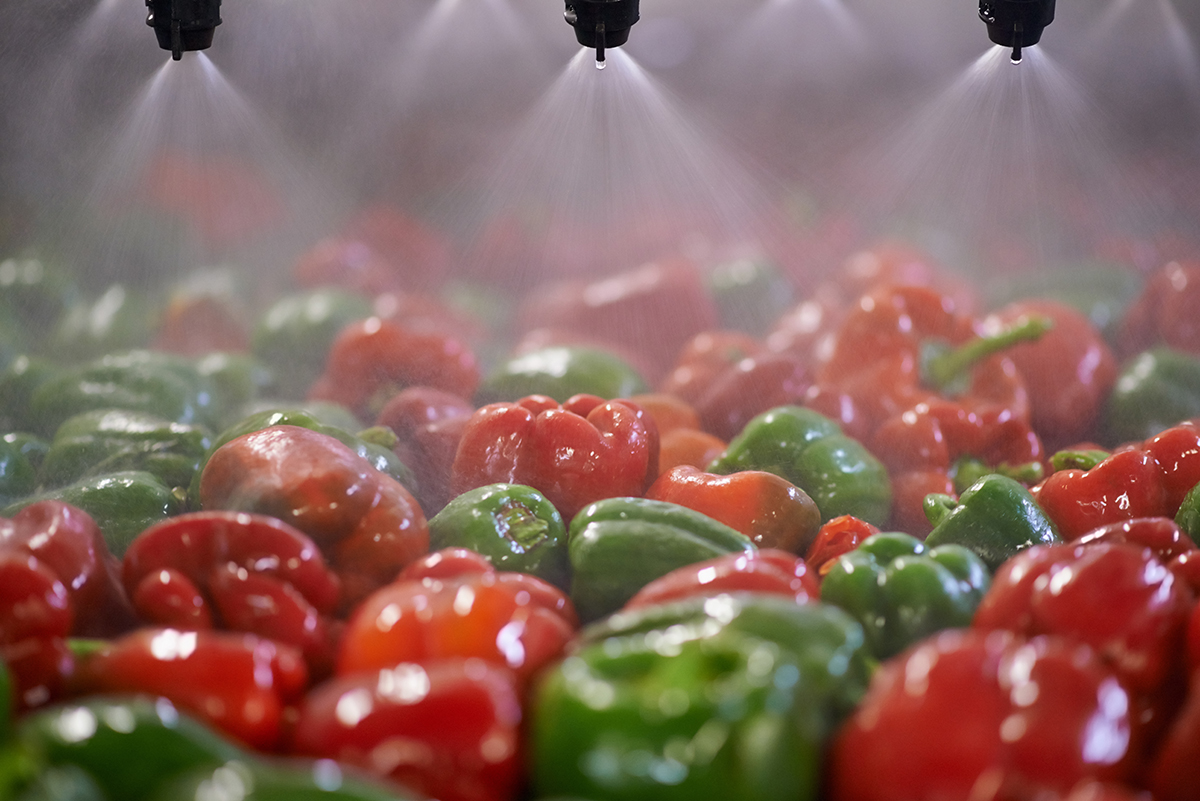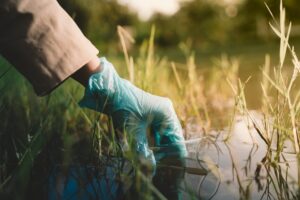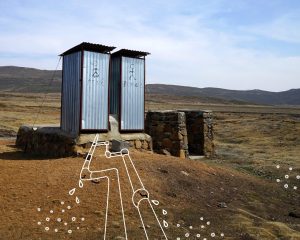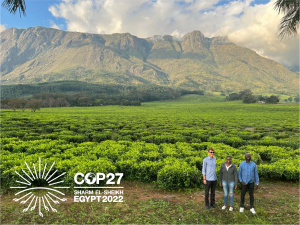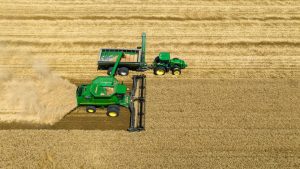It’s time to change how we think about food
Among growing fears of a global hunger pandemic, the weaknesses in the international food system have been laid bare. For the world to emerge more resilient after Covid-19, we must change how we think about food and recognize the close links between nutrition, health, water and human behaviour.
The recent sudden and sharp drop in economic activity has already pushed millions into poverty and caused a shocking spike in hunger in many parts of the world. Migrant labourers can no longer travel, trade is limited, and many people have limited access to food as a result of drastically reduced income opportunities and wages.
At the same time, a new debate is emerging about the vulnerabilities exposed by the pandemic. Important questions are being asked about how we can create a more sustainable global food system. According to SIWI’s Senior Scientific Advisor Jan Lundqvist, we must start by looking at aspects such as human behaviour, the socioeconomic dynamics, and our dependence on and use of “mother earth and father water”.
“We often talk about growing water scarcity as a major threat for food security and nutrition, but it sounds like we put the blame on water. That is misleading since we basically have the same amount of water as previous generations; one difference is that there are now many more of us and that our thirst for food, among other things, has increased,” Lundqvist says.
He points to the massive use of water required by recent changes in diets and food habits, including waste and overeating. “The Covid-19 pandemic has exposed another type of vulnerability. One lesson is that water is basic for hygiene; handwashing with water and soap is effective to halt the spread of the corona virus,” he says.
On June 23 Professor Lundqvist was part of a distinguished panel of leading experts who discussed Water & Nutrition: from Research to Action at a webinar hosted by the Food and Agriculture Organization of the United Nations and the Global Framework on Water Scarcity in Agriculture (WASAG).
Jan Lundqvist shared insights from his research on the water-nutrition productivity gap in Ethiopia, a case that clearly illustrates the need to consider many different factors. Though Ethiopia is no longer making dramatic international headlines about famine, as it did in the 1980s, food security and high rates of malnutrition are growing concerns. The reasons are diverse and complex.
One is the notoriously low productivity in the country’s agricultural sector, which is primarily made up of smallholder farmers who make little money and face high risks. Most of them do not have any access to irrigation and with the region’s increasingly erratic rainfall, linked to climate change, the situation is turning more and more desperate.
“To change this, it is important to improve productivity to get higher yields and higher incomes, to be able to pay school fees and other investments. There is a range of promising interfaces between rainfed and irrigated farming that would be suitable. In predominantly rainfed systems, small amounts of supplementary water can boost yields and give the farmers more security. Let us dismiss simple dichotomies between rainfed and irrigated agriculture,” Jan Lundqvist said.
Food security alone is not enough, he argued, we must also look at the nutrition side of food production and food habits. Malnutrition remains high in Ethiopia but none of the country’s current top three crops – maize, wheat and teff – is very high in nutrients. With growing competition over limited and variable water resources, we should not only seek to get more crop per drop but also maximize the nutritional value obtained per drop and in relation to farmers’ effort.
In the FAO/WASAG seminar, other panelists took a similar view. “There are many close linkages between nutrition and water, we can’t achieve one without the other,” said Stineke Oenema from the United Nations Standing Committee on Nutrition, UNSCN. She coordinates the committee’s work with the two simultaneous action decades on nutrition and water, which she feels are often overlapping.
The panelists also called for greater attention to the critical relationship between sanitation and malnutrition. If more people have basic access to water, sanitation, and hygiene services (WASH), fewer will contract diarrheal infections that exacerbate the problem of malnutrition.
Jan Lundqvist argues that we need to start “walking on two water legs”, by coordinating water for WASH services and water for nutritious food. The current tendency to consider nutrition, agriculture, the environment, health, and economics as non-related topics, each addressed within their own silo, is deeply flawed: “We certainly need expert knowledge, but also people from various disciplines and walks of life who work in tandem.”
After the pandemic, he hopes for a new kind of debate about how we can replace the current food system, with its limited focus on cheap calories, with more sustainable production of high-quality food that benefit both human and environmental health.
Jan Lundqvist is not alone in calling for a new approach to food production. On 24 June, the annual EAT Forum and The Rockefeller Foundation will also address the topic in a seminar entitled Reimagining Food Systems: Driving Action for a Post-Covid World. The organizers feel that the Covid-19 crisis has made the transformation of the global food systems more urgent than ever and is therefore convening 700 people from 80 countries to discuss what lays ahead.
The EAT-Lancet Commission presented a landmark report in early 2019 to explore ways to feed a future population of 10 billion people. Can we all have a healthy diet within the planetary boundaries? According to the Commission’s experts, the answer is yes. But only if we completely rethink our approach to food, starting now.
